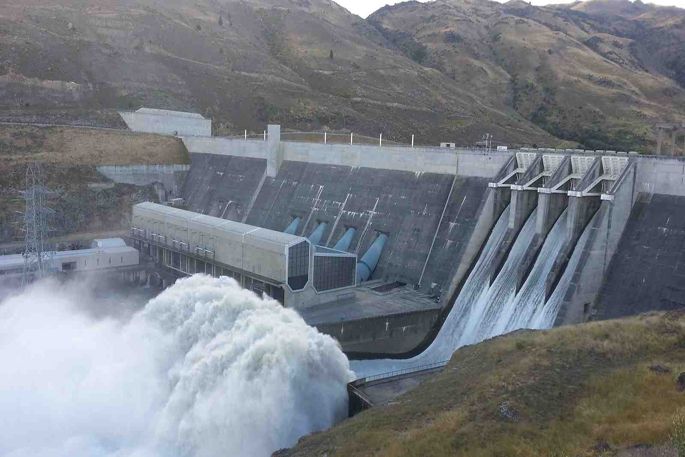Hydrological Effects of Earthquakes in New Zealand
Published on by Dusko Balenovic, Previous Network Manager at The Water Network in Academic
Research from Victoria University of Wellington and GNS Science has analyzed the effects of earthquakes on groundwater in remote areas in New Zealand.

Clyde Dam. Photo: Simon Cox/GNS Science.
Response of groundwater as an effect to earthquakes in the previous 23 years were examined by Grant O’Brien for his Master’s thesis.
“Our research showed that groundwater systems within seven large landslides in the Cromwell Gorge are surprisingly susceptible to seismic shaking, with the pressures and flow rates responding systematically to large earthquakes at distances of several hundred kilometres,” says Mr O’Brien.
Groundwater responds differently to different types of seismic activity: duration and frequency.
Earthquakes which last longer have a broad range of frequencies and groundwater responds more to them but calms down faster.
Cromwell Gorge landslides, designed to stop movement were not affected by changes in groundwater.
“The different ways groundwater systems respond to the type of earthquake shaking we have observed is critical to understanding how landslides evolve in both the short and long term.”
More info: Victoria University of Wellington
Media
Taxonomy
- Research
- Groundwater
- River Studies
- Hydrogeology
- Hydrogeophysics
- Groundwater Resource
- Earthquake Insurance